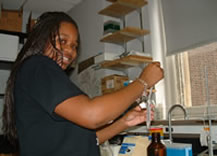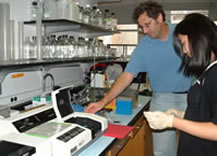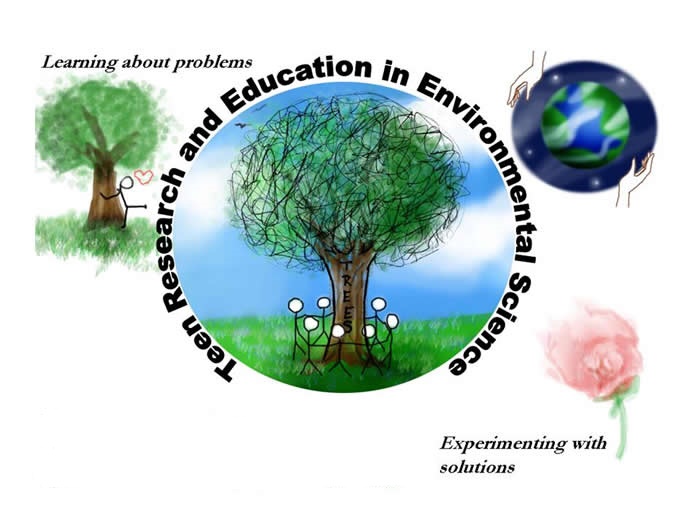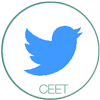Program Description
The Teen Research and Education in Environmental Science (TREES) program is traditionally an on-campus, in-person experience.

The TREES is a unique summer research and mentorship program offering hands-on environmental research opportunities to motivated high school students. Each summer, approximately eight high-school students work one-on-one with mentors on projects that they choose and design.
During the first two weeks of the program, students receive hands-on instruction in basic laboratory skills, skills they will use later in their projects. The remainder of the program is an independent research project. Through their projects, scholars learn to take a scientific approach towards an environmental problem, conducting in-depth library research, training in scientific methodology, carrying out hands-on bench science and where possible, fieldwork. Some projects are carried out as team projects involving multiple students. At the end of the program, students write a research report and present their projects to invited guests to a public presentation.
 In addition, the TREES scholars attend two weekly academic activities with STEER students. The first is a Cutting-Edge research seminar from a Penn professor on topics in environmental health and toxicology. The other is a weekly field trip to a site of environmental interest, such as a superfund site, or a community meeting on environmental justice. Other activities include workshops on college admissions, science and engineering career exploration, and writing and presentation skills. In addition, participants participate in a variety of social and cultural activities, including viewing and discussing environmentally-themed movies.
In addition, the TREES scholars attend two weekly academic activities with STEER students. The first is a Cutting-Edge research seminar from a Penn professor on topics in environmental health and toxicology. The other is a weekly field trip to a site of environmental interest, such as a superfund site, or a community meeting on environmental justice. Other activities include workshops on college admissions, science and engineering career exploration, and writing and presentation skills. In addition, participants participate in a variety of social and cultural activities, including viewing and discussing environmentally-themed movies.
After the program ends, students are mentored throughout the year. Many enter their work in science fairs. Most also present their science projects in their schools. Past researchers from the lab have won awards and scholarships at their schools and also in local, state, regional and national science competitions for their work. Some have even published their work in peer-reviewed scientific journals (see links to publications). Many alumni are now studying in some of the most selective colleges in the country.
The TREES program is a community service of the Center of Excellence in Environmental Toxicology (CEET).
How to Apply
Please visit the TREES Application section for more information on eligibility and the application process.
Highlights:
- Develop a research project based in your area of interest.
- Work with a diverse group of researchers from high school, college and professional schools.
- Be mentored by professional scientists, students and faculty from the University of Pennsylvania School of Medicine.
- Classroom lectures
- Attend seminars from experts in many fields of environmental science, such as epidemiology, toxicology, chemistry, biochemistry, molecular biology and education.
- Learn and apply the process of scientific research.
- Communicate science findings in presentations and written reports.
- Explore careers in science, medicine, and engineering.
- Field trips to sites of environmental interest.
Typical daily schedule for the first two weeks:
9:00 AM – 10:00 AM Classroom
10:00 AM – 12:00 PM Structured laboratory exercise
12:00 PM – 1:00 PM Lunch
1:00 PM – 3:00 PM Independent library research
3:00 PM – 4:00 PM Group Projects, lab maintenance
Fridays: Field trips take up most of the day.
Tuesday mornings: Cutting-Edge seminars and discussion.
After the first two weeks, structured laboratory exercises and library research will be replaced by independent research on individual projects.





